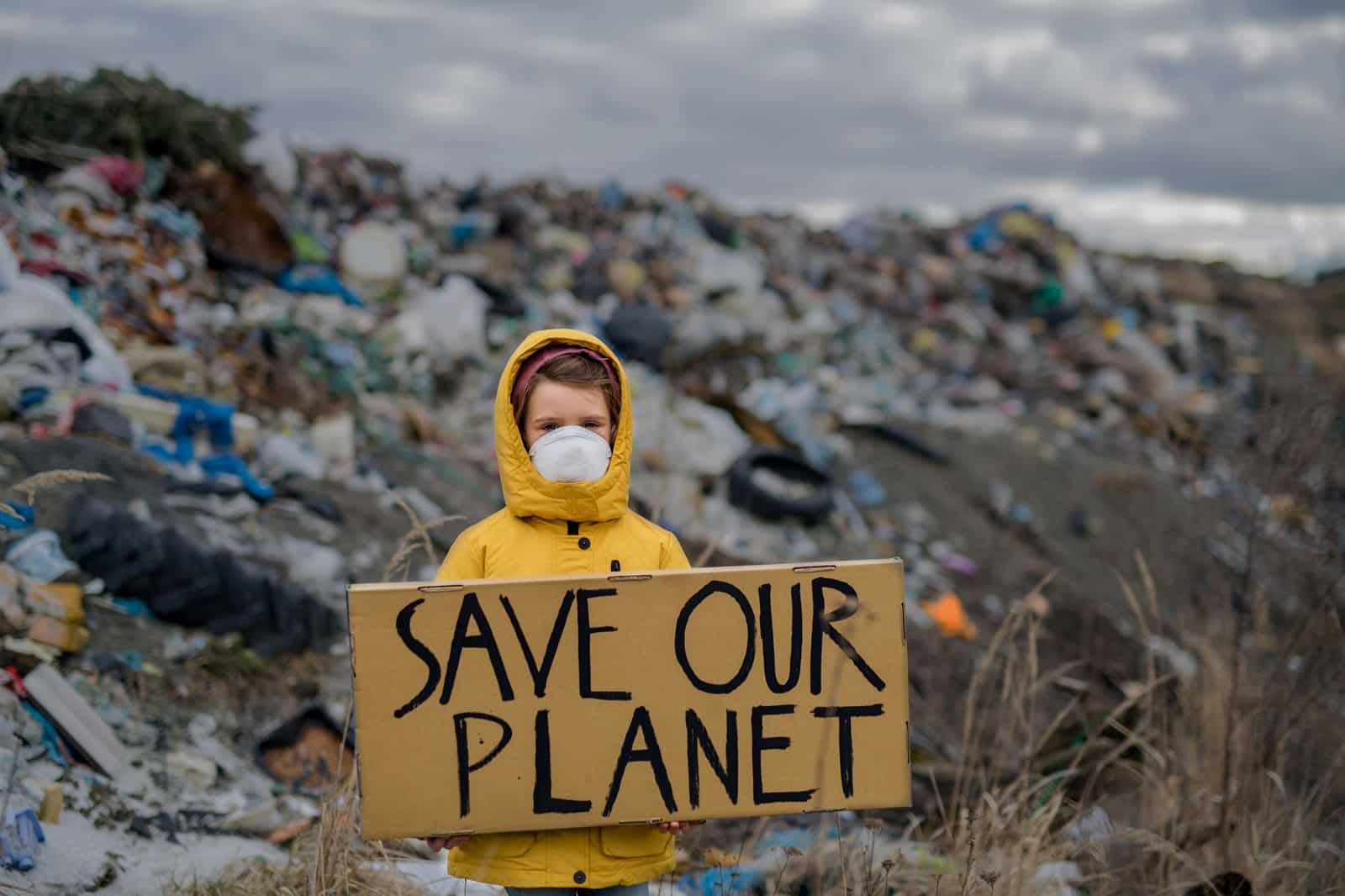In recent years, the decision to have children has become increasingly complex for many young people in the UK. From financial concerns to lifestyle choices, many factors influence this important life decision. Here are 21 reasons why young people in the UK may opt out of parenthood.
1. Financial Strain

Financial Strain: The high cost of living, stagnant wages, and soaring housing prices make raising a family seem financially daunting.
2. Student Debt

Student Debt: Accumulating student loan debt can delay major life milestones, including starting a family.
3. Career Priorities

Career Priorities: Young professionals may prioritize their careers and fear that having children will hinder their advancement opportunities
4. Work-Life Balance

Work-Life Balance: Balancing career demands with parenting responsibilities is perceived as challenging and potentially unsustainable.
5. Climate Concerns

Climate Concerns: Worries about the environment and climate change lead some young people to reconsider bringing children into an uncertain future.
6. Overpopulation Fears

Overpopulation Fears: Concerns about overpopulation and its impact on resources and the environment deter some from having children.
7. Lack of Support Systems

Lack of Support Systems : Insufficient support from family, friends, and government programs adds to the challenges of parenthood.
8. Relationship Instability

Relationship Instability: Unstable relationships or the fear of relationship breakdowns discourage some from starting families.
9. Fear of Parenting

Fear of Parenting: Anxiety about the responsibilities and demands of parenting contributes to the decision to remain child-free.
10. Personal Fulfillment

Personal Fulfillment: Some young people prioritize personal fulfilment, travel, and leisure activities over the demands of parenthood.
11. Career Uncertainty

Career Uncertainty: In today’s gig economy, job insecurity and unpredictable income streams make planning for a family difficult.
12. Impact on Mental Health

Impact on Mental Health: Concerns about the impact of parenting on mental health and well-being lead some to forgo having children.
13. Changing Social Norms

Changing Social Norms: Evolving social norms and attitudes towards family structures and child-rearing influence individual decisions about parenthood.
14. Gender Equality

Gender Equality: Women’s desire for gender equality in relationships and the workplace may conflict with traditional expectations of motherhood.
15. Parental Influence

Parental Influence: Negative experiences with their own parents or upbringing can shape young people’s views on parenthood.
16. Desire for Freedom

Desire for Freedom: The desire for freedom, independence, and flexibility motivates some to remain child-free.
17. Focus on Personal Goals

Focus on Personal Goals: Pursuing personal goals such as education, career advancement, or creative endeavors takes precedence over starting a family.
18. Health Concerns

Health Concerns: Health-related issues or concerns about passing on hereditary conditions may influence the decision not to have children.
19. Global Uncertainty

Global Uncertainty: Uncertain geopolitical climates, economic instability, and societal unrest contribute to apprehension about bringing children into the world.
20. Simply Not Interested

Simply Not Interested: Some young people may simply have no desire or inclination to become parents, prioritizing other aspects of life instead.
21. Housing Affordability

Housing Affordability: Limited affordable housing options make it difficult for young couples to find suitable homes for raising children.
The decision not to have children is deeply personal and influenced by myriad factors unique to each individual. As societal attitudes and norms continue to evolve, understanding and respecting these reasons can foster empathy and support for those who choose alternative paths to fulfilment and happiness.
The post 21 Reasons Why Young People Are Choosing Not to Have Children first appeared on Buzz Lists.
Featured Image Credit: Shutterstock / Monkey Business Images.
For transparency, this content was partly developed with AI assistance and carefully curated by an experienced editor to be informative and ensure accuracy.

